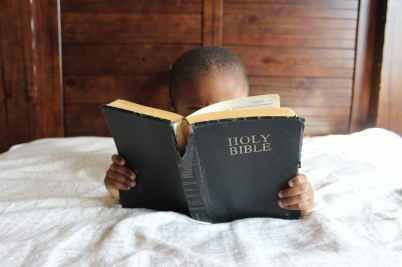Day 116—We have been reading the Bible daily for a third of the year. What have you learned about God? About yourself?
Day 116 – Psalms 73, 77, 78. (Psalms of Asaph)
Psalm 73 – Asaph begins by acknowledging that God is truly good to Israel, to all who are pure in heart. But then he admits that in his own heart there is envy for the prosperity of the wicked. But when his heart turns to God, his attitude changes.
“Whom have I in heaven but you? And there is nothing on earth that I desire besides You. My flesh and my heart may fail, but God is the strength of my heart and my portion forever.”
Psalm 77 – Asaph again begins writing about the day of his trouble, how he prays and weeps all night, but there is no comfort. But again his attitude changes when his thoughts turn to God.
“Then my spirit made a diligent search: Will the LORD spurn forever, and never again be favorable? Has his steadfast love forever ceased? Are His promises at an end for all time?” “I will remember the deeds of the LORD; yes I will remember Your wonders of old. I will ponder all Your work and meditate on Your mighty deeds. Your way, O God, is holy. What god is great like our God?”
Psalm 78 has 72 verses and describes God’s wonderful love and care for Israel and what Israel should tell the coming generations about Him.
“I will utter puzzling sayings from of old, things that we have heard and known, that our fathers have told us. We will not hide them from their children but tell to the coming generation the glorious deeds of the LORD and His might and the wonders that He has done…. that the next generation might know them, the children yet unborn, and arise and tell them to their children, so that they should set their hope in God and not forget the works of God, but keep His commandments.”
Then, Asaph writes about the glorious (and horrible) history of God and Israel. He tells how God gloriously rescued and provided for Israel repeatedly, how Israel sinned, doubted, complained, tested, and rebelled, provoking God’s righteous judgments on them. Over and over Israel spurned the Holy God.
“Yet He, being compassionate atoned for their iniquity and did not destroy them; He restrained His anger often and did not stir up all His wrath. He remembered that they were but flesh.”
Asaph tells about God rejecting Israel during the turbulent times of the Judges when they looked to pagan idols and their enemies battled with them continuously. And he tells of God choosing Judah and setting His presence in Zion.
“He chose David, his servant, and took him from the sheepfolds; for following the nursing ewes He brought him to shepherd Jacob His people, Israel his inheritance. With an upright heart he shepherded them and guided them with his skillful hand.“
(Oh for leaders like that today!)



